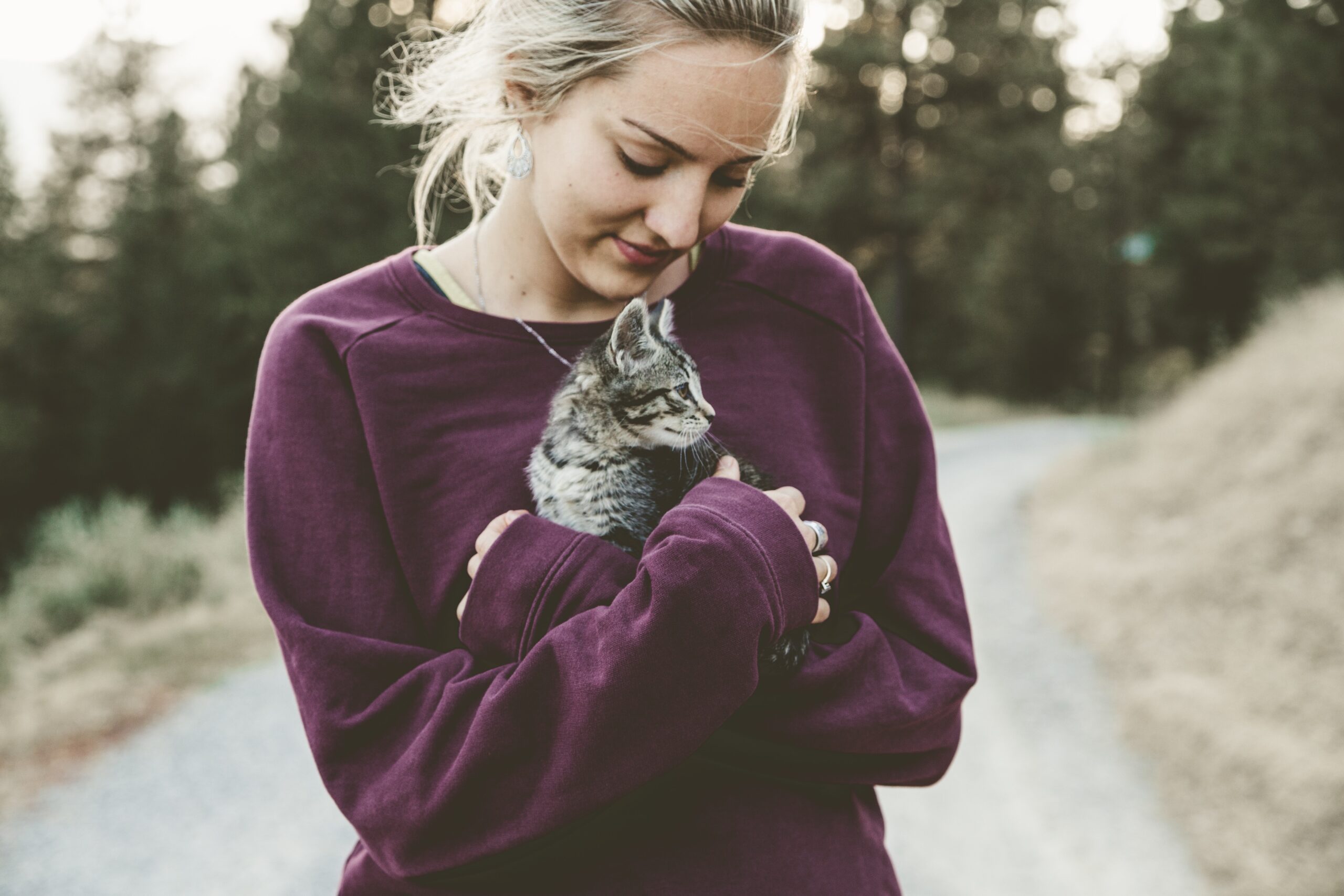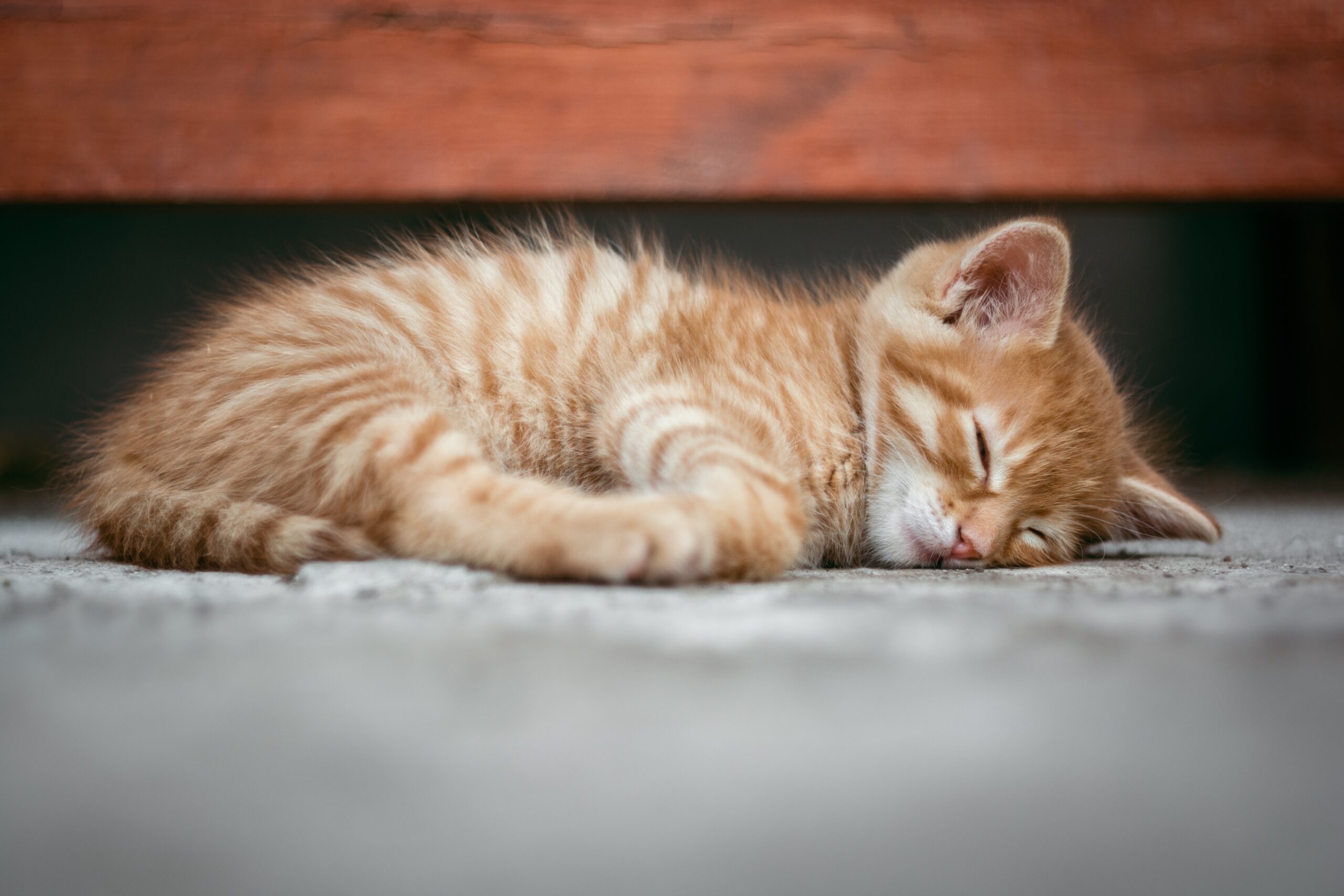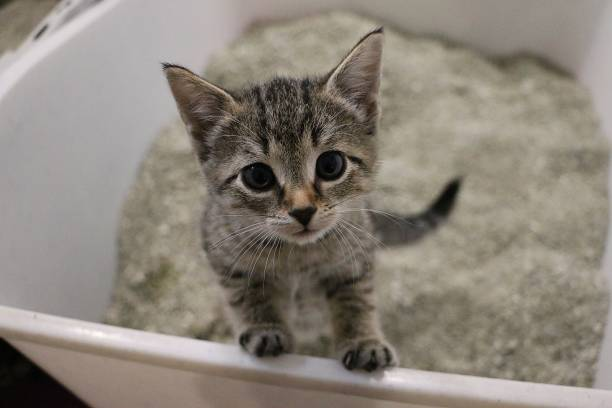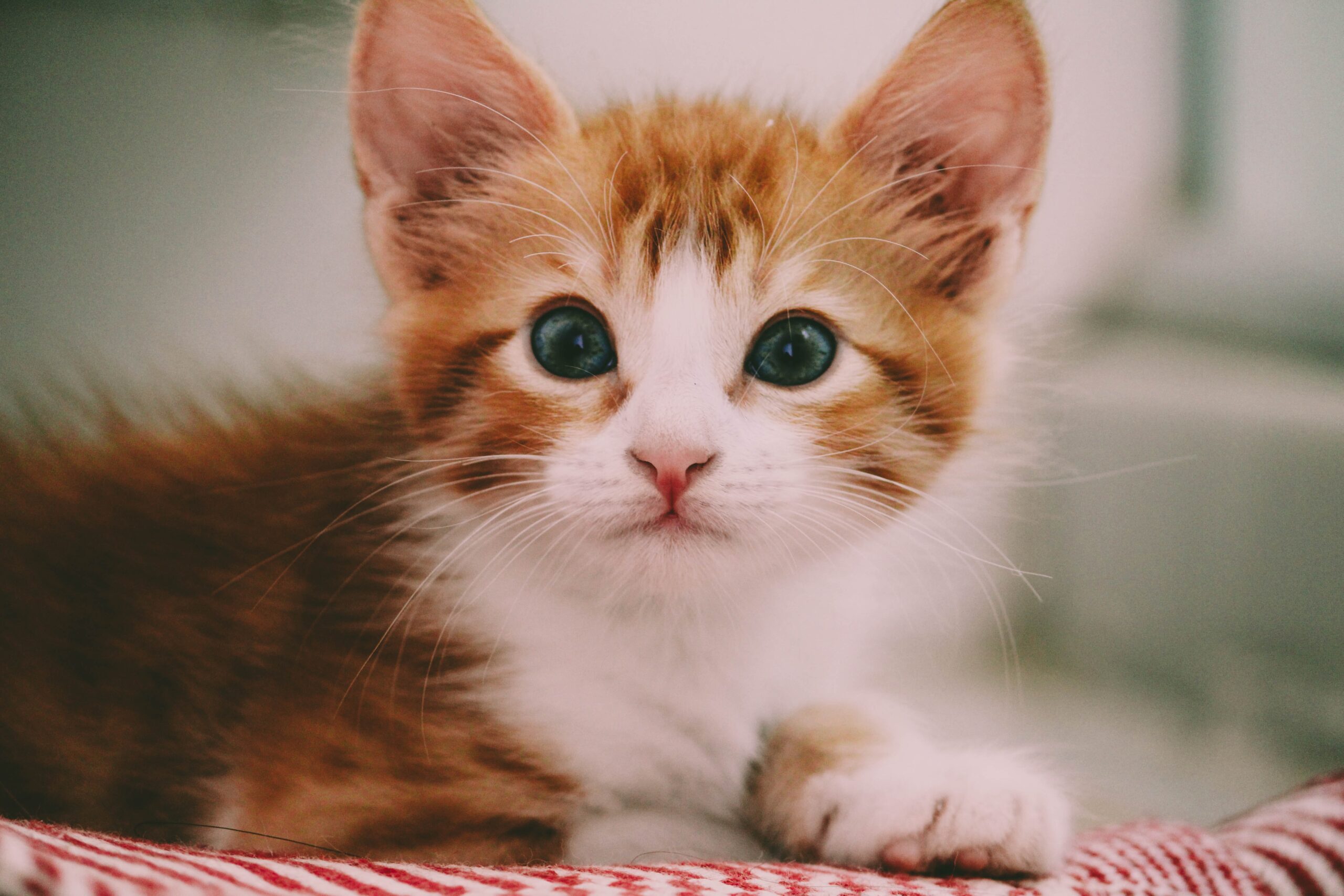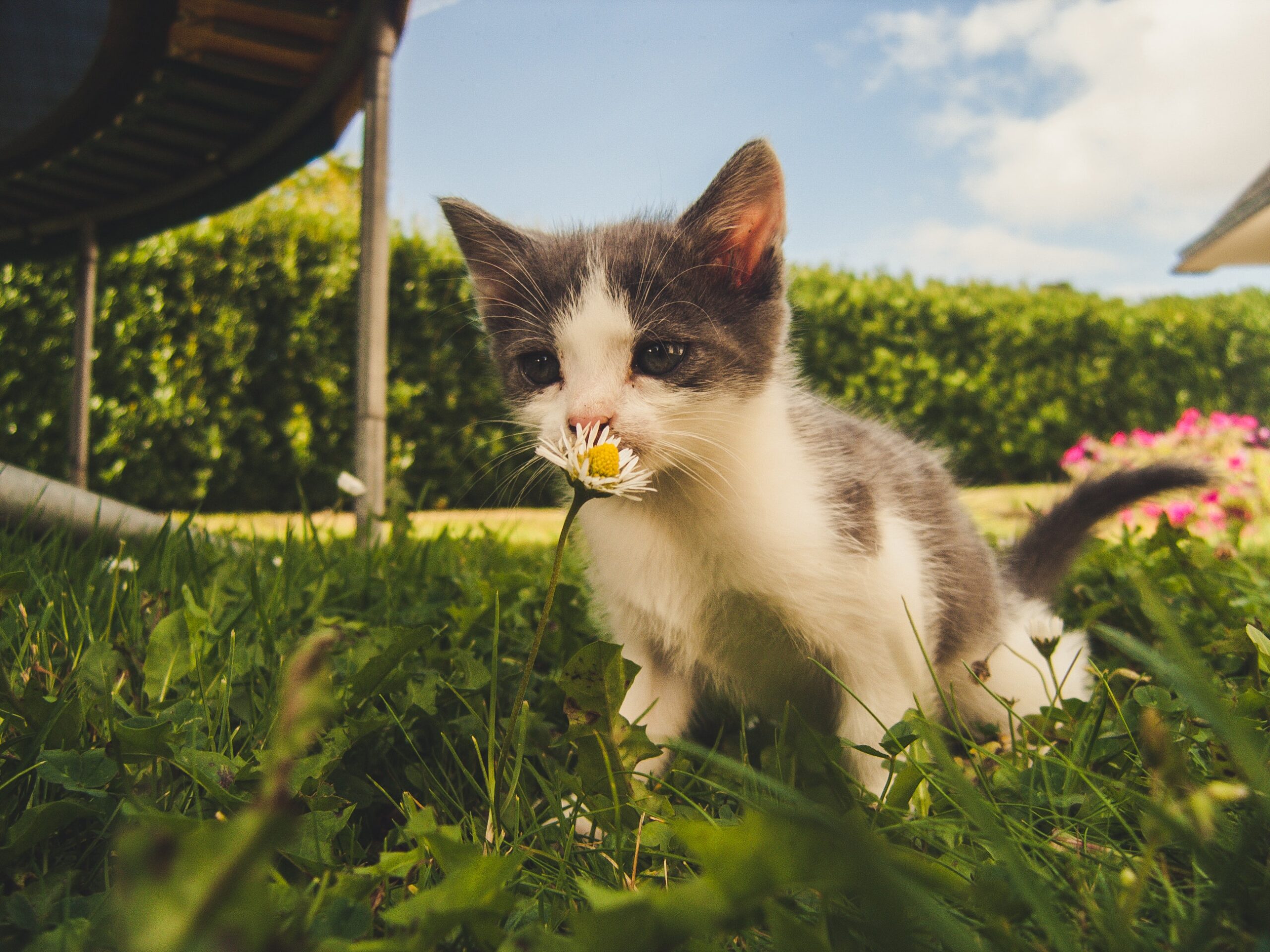Introduction
Importance of Emotional Support Animals (ESAs)
Emotional support animals (ESAs) play a vital role in providing comfort, companionship, and emotional stability to individuals facing mental health challenges. They offer unconditional love and support, helping to alleviate symptoms of anxiety, depression, and other emotional disorders. ESAs are prescribed by healthcare professionals to help individuals cope with their mental health conditions, and their presence can significantly improve overall well-being.
Role of Cats as ESAs
Cats have been recognized as excellent emotional support animals due to their unique qualities and innate ability to form deep bonds with their owners. These feline companions offer a sense of calmness, empathy, and affection, which can greatly contribute to reducing stress and promoting emotional stability. Their soothing presence and gentle nature make them ideal for providing comfort and support to individuals in need.
Purpose of the Article
The purpose of this article is to explore the best cat breeds for emotional support. While all cats can offer emotional support, certain breeds possess specific traits that make them exceptionally well-suited for this role. By understanding the characteristics and temperaments of different cat breeds, individuals seeking an emotional support cat can make an informed decision and find a feline companion that best matches their needs and lifestyle. Whether you’re considering adopting a new cat or wondering if your current cat can serve as an emotional support animal, this article will provide valuable insights and guidance.
Understanding Emotional Support Cats
Characteristics of Emotional Support Cats
Emotional support cats possess certain characteristics that make them well-suited for providing comfort and companionship to individuals in need. These traits may include:
- Calm and Gentle Nature: Emotional support cats are typically known for their calm and serene disposition. They have a soothing presence and are less likely to exhibit aggressive or hyperactive behavior.
- Affectionate and Loving: These cats thrive on human interaction and enjoy being close to their owners. They often seek out physical contact and provide unconditional love and support.
- Intuitive and Empathetic: Emotional support cats have a remarkable ability to sense their owners’ emotional states. They can offer comfort and support during times of distress, providing a sense of emotional stability.
- Good Listener: Cats, in general, are excellent listeners. Emotional support cats provide a non-judgmental ear and can offer solace during difficult times.
Benefits of Cats as Emotional Support Animals
Cats offer numerous benefits as emotional support animals, including:
- Stress and Anxiety Reduction: Interacting with cats has been shown to reduce stress and anxiety levels, promoting a sense of calmness and relaxation.
- Companionship and Social Support: Emotional support cats provide companionship and alleviate feelings of loneliness. Their presence can help individuals feel connected and supported.
- Mood Enhancement: The playful and affectionate nature of cats can uplift mood and improve overall emotional well-being.
- Routine and Responsibility: Caring for an emotional support cat can provide a sense of routine and responsibility, which can be particularly beneficial for individuals struggling with motivation or structure.
- Physical Health Benefits: Petting and playing with cats can lower blood pressure, reduce heart rate, and boost the immune system, contributing to better overall physical health.
Responsibilities of Cat Owners
Owning an emotional support cat comes with certain responsibilities that should be taken seriously. These include:
- Providing a Safe and Stimulating Environment: Cat owners must ensure their living space is safe and enriching for their feline companion, including providing appropriate toys, scratching posts, and hiding spots.
- Regular Veterinary Care: Regular visits to the veterinarian for vaccinations, check-ups, and preventive care are essential to maintaining the cat’s health and well-being.
- Proper Nutrition and Hydration: Providing a balanced and appropriate diet, along with access to fresh water, is crucial for the cat’s overall health.
- Regular Exercise and Mental Stimulation: Engaging in playtime and providing mental stimulation through interactive toys or puzzles is important for the cat’s physical and mental well-being.
- Emotional Bonding and Care: Building a strong bond with the emotional support cat through affection, attention, and consistent care is crucial for their role in providing emotional support.
By understanding these characteristics, benefits, and responsibilities, individuals can make an informed decision about owning an emotional support cat and provide the necessary care and support for their feline companion.
Factors to Consider When Choosing a Cat Breed
Temperament and Personality Traits
When selecting a cat breed for emotional support, it’s essential to consider their temperament and personality traits. Some breeds are known for being more outgoing and sociable, while others may be more reserved or independent. Determine whether you prefer a cat that is affectionate, playful, calm, or a combination of these traits to find a breed that aligns with your emotional support needs.
Energy Level and Activity Requirements
Consider the energy level and activity requirements of different cat breeds. Some cats are highly active and require plenty of playtime and mental stimulation, while others are more laid-back and content with a more relaxed lifestyle. Matching the energy level of the cat breed with your own lifestyle can help ensure a harmonious and fulfilling relationship.
Grooming Needs
Grooming needs can vary significantly between cat breeds. Some breeds have long, dense coats that require frequent brushing to prevent matting and keep their fur in good condition. On the other hand, short-haired breeds may require less grooming maintenance. Consider the time and effort you can dedicate to grooming when choosing a cat breed to ensure it aligns with your preferences and capabilities.
Allergies and Sensitivities
Allergies and sensitivities can be a crucial factor to consider when selecting an emotional support cat breed. Some individuals may have allergies or sensitivities to cat dander, which can trigger allergic reactions. However, certain cat breeds, such as hypoallergenic breeds, produce fewer allergenic proteins and may be more suitable for individuals with allergies. Consulting with an allergist or spending time with hypoallergenic breeds beforehand can help determine compatibility.
Size and Space Considerations
The size of the cat breed and the available living space should also be taken into account. Some cat breeds are small and well-suited for apartment living, while others are larger and may require more space to roam. Consider the size of your living environment and whether it can accommodate the needs and physical activity of the cat breed you’re considering.
By considering these factors when choosing a cat breed for emotional support, you can find a companion that matches your preferences, lifestyle, and specific requirements, enhancing the overall emotional support and well-being they can provide.
Top Cat Breeds for Emotional Support
Maine Coon
- Temperament and Personality Traits: Maine Coons are known for their friendly and gentle nature. They are sociable, affectionate, and often enjoy being around people.
- Compatibility with Different Lifestyles: Maine Coons are adaptable and can thrive in various living environments, including apartments and houses. They are great companions for individuals or families.
- Notable Features and Considerations: Maine Coons have a large size, tufted ears, and a thick, long coat. They may require regular grooming to maintain their luxurious fur.
Ragdoll
- Temperament and Personality Traits: Ragdolls are known for their calm and docile temperament. They are often described as being affectionate, gentle, and tolerant, making them ideal for emotional support.
- Compatibility with Different Lifestyles: Ragdolls generally adapt well to different lifestyles. They enjoy human company and are great with children and other pets.
- Notable Features and Considerations: Ragdolls have striking blue eyes, semi-long fur, and a tendency to go limp when picked up, hence their name. They may require regular grooming to prevent matting.
Siamese
- Temperament and Personality Traits: Siamese cats are known for their extroverted and vocal nature. They are highly social, intelligent, and often seek attention and interaction.
- Compatibility with Different Lifestyles: Siamese cats thrive in homes where they can receive plenty of attention and mental stimulation. They are ideal for individuals seeking a vocal and interactive emotional support companion.
- Notable Features and Considerations: Siamese cats have striking blue almond-shaped eyes, a short coat, and a distinctive color-point pattern. They may require regular playtime and mental enrichment.
Other Considerations for Choosing an Emotional Support Cat
Adoption and Rescue Options
When considering an emotional support cat, it’s important to explore adoption and rescue options. Many cats in shelters or rescue organizations are in need of loving homes and can make wonderful emotional support animals. Adoption not only provides a second chance for these cats but also offers a fulfilling and rewarding experience for the owner. By adopting a cat, individuals can provide emotional support while simultaneously contributing to the welfare of animals in need.
Mixed Breed Cats and Their Potential as ESAs
Mixed breed cats, also known as domestic shorthairs or domestic longhairs, should not be overlooked when searching for an emotional support cat. These cats often possess a combination of various breeds’ characteristics and can make exceptional emotional support animals. Their diverse genetic background can contribute to their adaptability, good health, and unique personalities. Mixed breed cats are also commonly found in shelters, making them an accessible and rewarding choice for emotional support.
Age Considerations (Kittens vs. Adult Cats)
Age is an important factor to consider when choosing an emotional support cat. Kittens and adult cats have distinct advantages and considerations:
- Kittens: Kittens are adorable and full of energy. They provide an opportunity to establish a strong bond from a young age, and their playful nature can bring joy and entertainment. However, they require more time, attention, and patience for training and socialization.
- Adult Cats: Adult cats are often more settled in their temperament and personality. They may have already developed their emotional support abilities and are generally more independent. Adult cats may be a better fit for individuals seeking a calmer companion with established behavior and needs.
Considering age allows individuals to align their expectations and lifestyle with the specific requirements and benefits of kittens or adult cats as emotional support animals.
By considering adoption and rescue options, recognizing the potential of mixed breed cats, and contemplating age-related factors, individuals can expand their choices and find the perfect emotional support cat that meets their needs and provides the desired emotional support.
Final Tips for Owning an Emotional Support Cat
Creating a Safe and Stimulating Environment
- Provide a designated space: Create a safe and comfortable area for your emotional support cat, equipped with a cozy bed, scratching post, and toys.
- Vertical space: Cats love to climb and observe their surroundings. Consider providing vertical spaces, such as cat trees or shelves, for your cat to explore and feel secure.
- Environmental enrichment: Stimulate your cat mentally and physically through interactive toys, puzzle feeders, and regular play sessions to prevent boredom and promote overall well-being.
- Safety precautions: Ensure your home is cat-proofed, eliminating hazards such as toxic plants, small objects that can be swallowed, and open windows without proper screens.
Bonding and Building Trust
- Give them space: Allow your emotional support cat to adjust to their new environment at their own pace. Provide hiding spots and quiet areas where they can retreat when needed.
- Patience and consistency: Building a bond takes time. Be patient, consistent, and gentle in your interactions with your cat, respecting their boundaries and individual needs.
- Positive reinforcement: Use treats, praise, and gentle strokes to reward your cat’s positive behaviors. This encourages trust and strengthens the bond between you.
- Routine and predictability: Cats thrive on routine, so establish a consistent daily schedule for feeding, playtime, and quiet moments. This helps them feel secure and build trust with you.
Seeking Professional Help and Support
- Veterinary care: Schedule regular check-ups with a trusted veterinarian to monitor your emotional support cat’s health, provide necessary vaccinations, and address any concerns.
- Professional training: Consider enrolling in cat behavior classes or seeking advice from a certified cat behaviorist or trainer, especially if your emotional support cat exhibits any challenging behaviors.
- Support networks: Join online or local support groups for cat owners or individuals with emotional support animals. Sharing experiences, seeking advice, and connecting with like-minded individuals can be beneficial.
- Mental health professionals: Communicate with your mental health professional about your emotional support cat’s role and any specific challenges or benefits you may experience. They can provide additional guidance and support.
Remember, owning an emotional support cat is a long-term commitment that requires love, care, and understanding. By creating a safe environment, building a strong bond, and seeking professional help when needed, you can ensure a positive and fulfilling experience for both you and your emotional support cat.
Conclusion
Recap of the Importance of Emotional Support Cats
Emotional support cats play a crucial role in providing comfort, companionship, and emotional stability to individuals facing mental health challenges. Their calming presence, affectionate nature, and ability to empathize make them valuable allies in promoting emotional well-being.
Encouragement to Explore Suitable Cat Breeds for Emotional Support
Choosing the right cat breed for emotional support can greatly enhance the benefits they provide. By considering factors such as temperament, energy level, grooming needs, allergies, and space requirements, individuals can find a cat breed that aligns with their lifestyle and emotional support needs.
Final Thoughts on the Benefits of Emotional Support Animals
Emotional support animals, including cats, offer numerous benefits to individuals struggling with mental health conditions. Their unwavering companionship, unconditional love, and ability to alleviate stress and anxiety contribute to improved overall well-being. Emotional support cats not only provide comfort but also teach responsibility, offer routine, and create a sense of purpose.
In conclusion, emotional support cats have the potential to make a profound positive impact on the lives of individuals facing emotional and mental health challenges. Whether through adoption, rescue, or considering specific cat breeds, finding the right emotional support cat can bring comfort, joy, and stability to those in need. The journey of owning an emotional support cat is a rewarding one, filled with love, understanding, and the knowledge that you have a loyal companion by your side.






